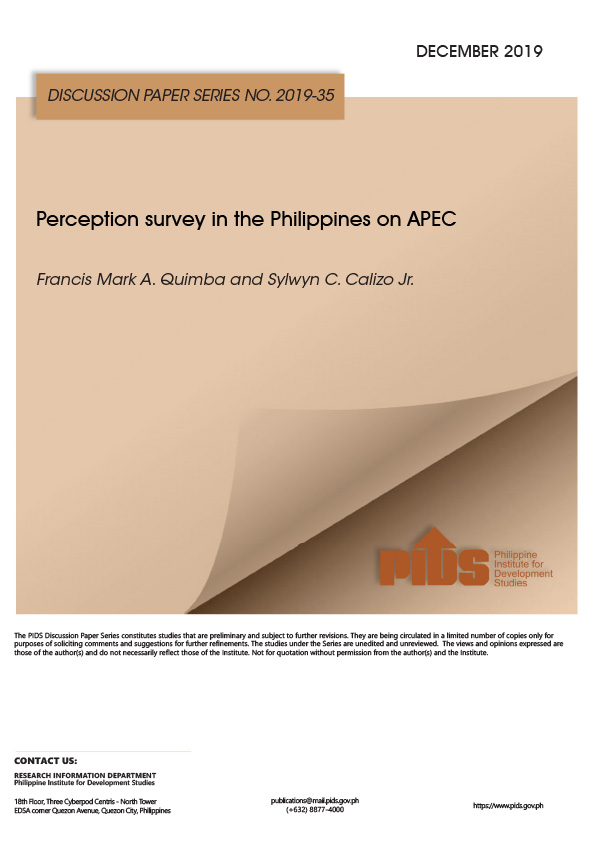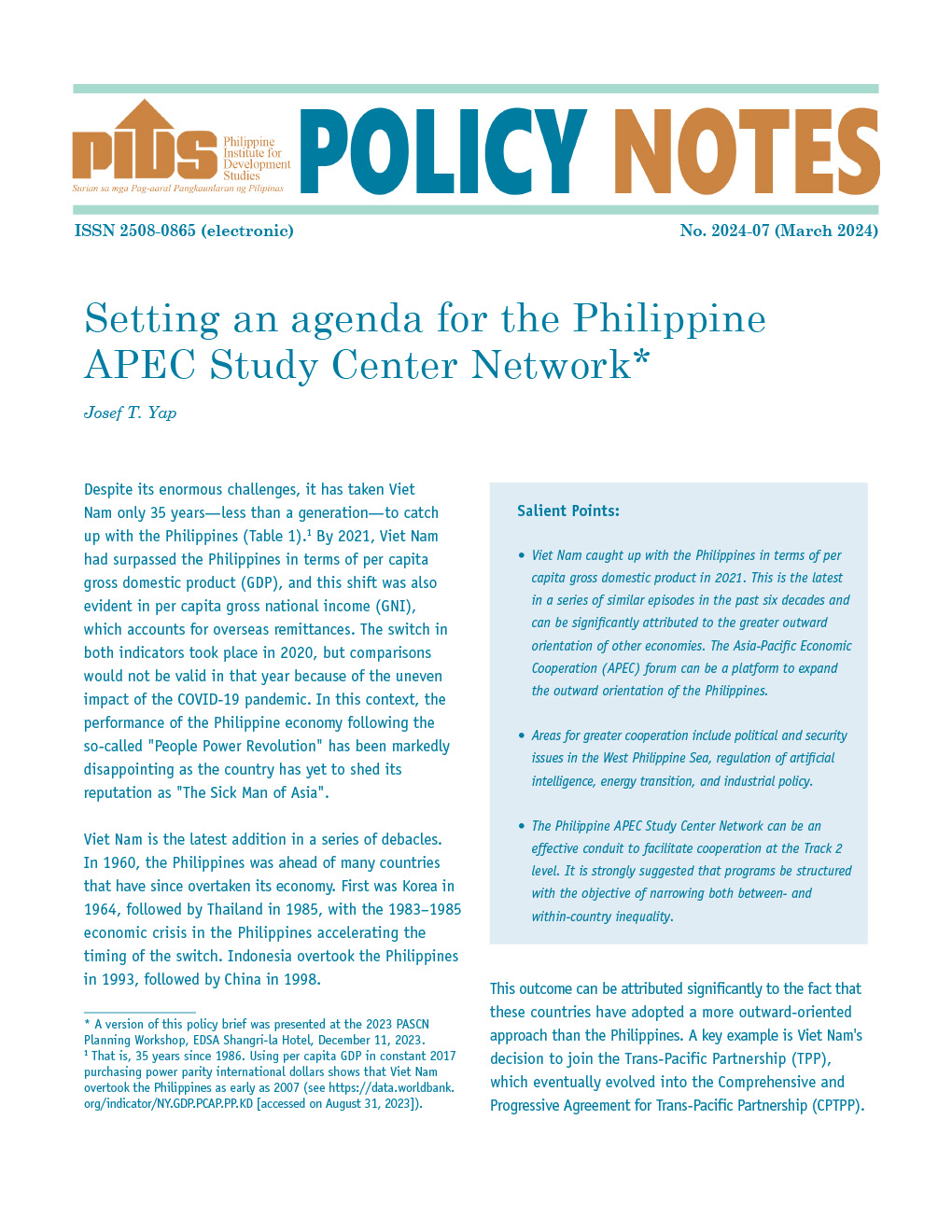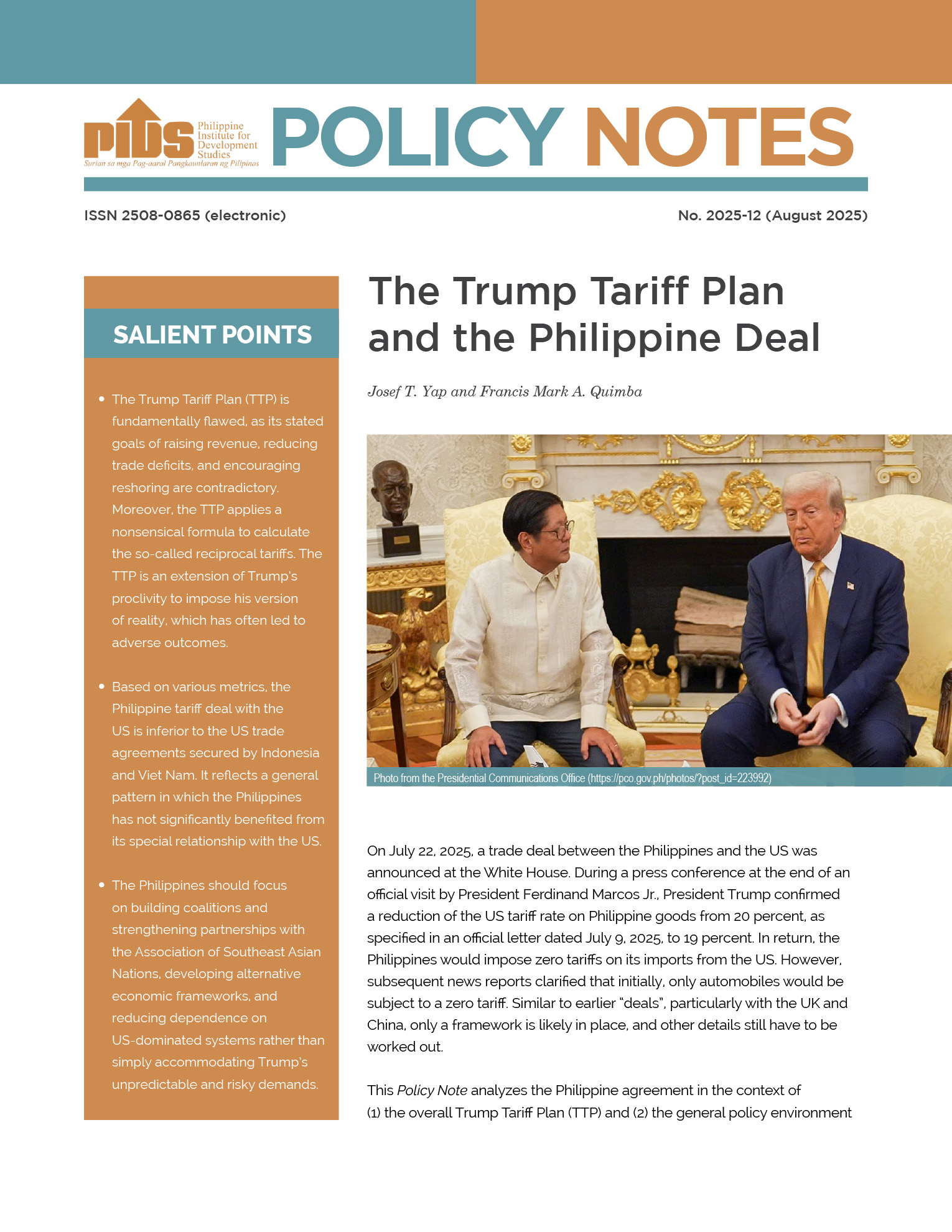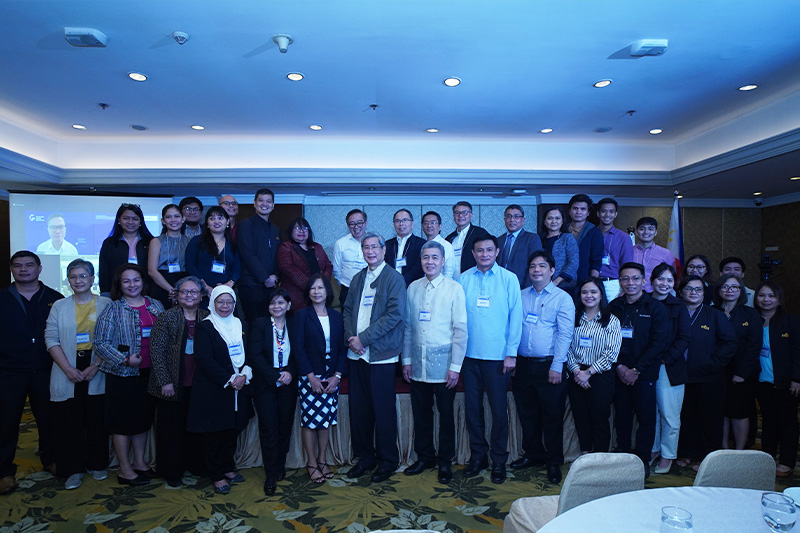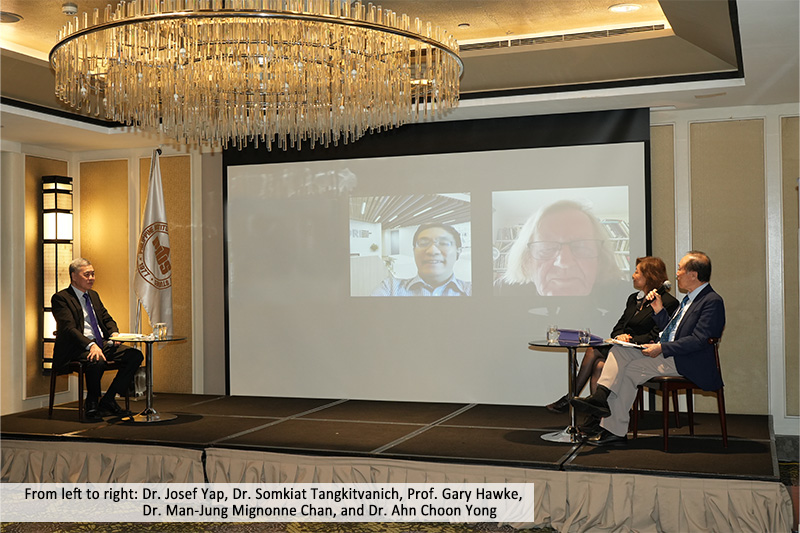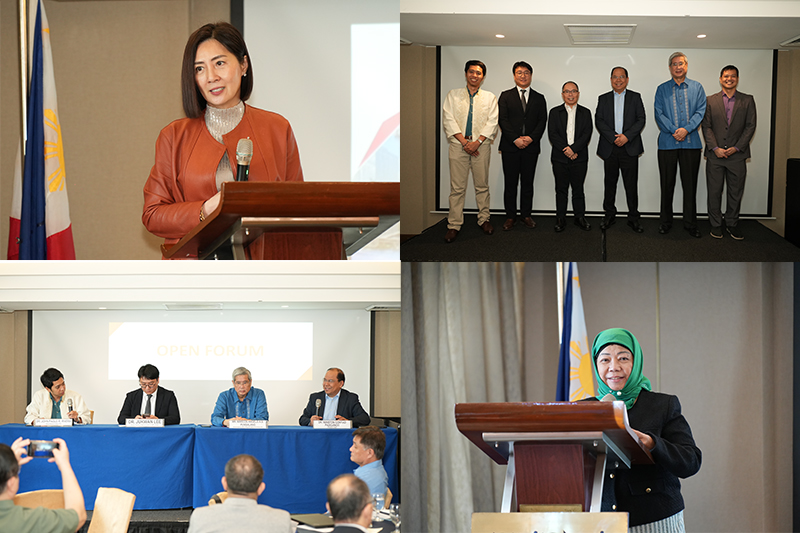IN the Philippine Development Plan (PDP) of the Duterte administration, the government declared that it is keen on creating the Philippine Trade Representative Office (PTRO). This is an agency that is similar to America’s United States Trade Representative (USTR). Created in 1962, the USTR leads negotiations with foreign governments to create trade agreements, resolve disputes and participate in globaltrade-policy organizations. The Duterte administration is keen on establishing the same agency as the Philippines, and its regional and other trade partners are faced with “inward-looking policies and protectionism”. Preferential or multilateral trade agreements, the PDP noted, are becoming increasingly difficult to forge, as some leaders have come to regard free trade as doing more harm than good.
; To be fair, the idea of putting up a USTR-like agency for the Philippines has been pitched before, during the term of President Gloria Macapagal-Arroyo. Among its proponents were business groups, like the Federation of Philippine Industries (FPI), and former Sen. Manuel A. Roxas II. In pushing for the creation of the PTRO, FPI President Jesus L. Arranza said trade negotiations have been conducted on an “ad hoc” basis. This, he said, made it difficult for the Philippines to come up with a more coherent trade and development policies. Arranza also complained that negotiations before “lacked transparency and accountability making it more difficult for businesses to navigate existing bilateral, regional and multilateral trading agreements.
Even the government’s own think tank, the Philippine Institute for Development Studies (PIDS), has backed the establishment of the PTRO. In a discussion paper released in December 2005, PIDS Senior Research Fellow Gloria O. Pasadilla and consultant Christine Marie M. Liao identified the difficulties in thedecisionmakingstructure fortrade-policyformulation in the Philippines. These include the turf mentality among government agencies; lack of appreciation of and capacity for trade research that should inform negotiating positions; unclear delineation of authority; and the lack of suitable mechanisms for consultation and feedback on negotiation progress.
The PIDS paper noted these could be resolved by a single agency that would be in charge of all international trade negotiations. At the very least, the authors said allowing a single agency to oversee trade negotiations would prevent turf battles from “stalling the realization of trade mandates for negotiators
There have been efforts in Congress before to enact a measure that would allow the creation of the PTRO. But it has difficulties hurdling the House of Representatives. In the meantime, the government has to contend with a number of trade issues, such as negotiations forfree-tradedeal between the Asean and the European Union, and the impending loss of the quantitative restriction on rice on June 30. Also, despite the existing bilateral and regional trade agreements entered into by the Philippines, the PDP noted that it could not maximize the opportunities presented by these deals, as utilization rate was only at 22 percent.
Perhaps, it’s time for Philippine lawmakers to listen to the clamor of the PIDS and the businessmen to create the PTRO to help the government boost exports and increase the income of Filipinos, in line with the government’s campaign to eliminate poverty through inclusive economic growth
PHL needs a trade representative office

